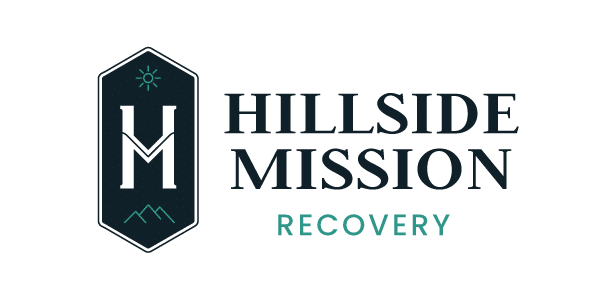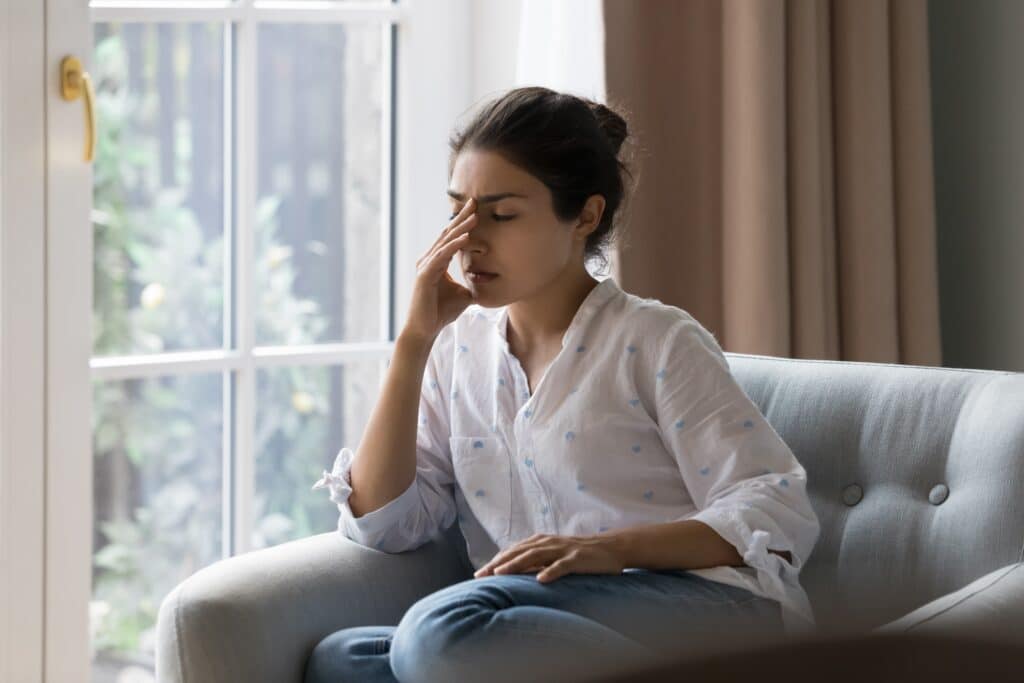When it comes to dealing with mental health issues, millions of people struggle every day. One of the most common types of disorder is an anxiety disorder. What’s worse is that these disorders can occur alongside addiction, leading to co-occurring disorders that require specific treatment to deal with. In order to deal with an anxiety disorder, it helps to know what your specific disorder is and where to get the appropriate type of treatment for it.
At Hillside Mission Recovery, we know that anxiety disorders can be life-changing and detrimental to not only the person suffering but their entire family and even friends and those close to them. We want to help ensure that those suffering have the information they need to get treatment so that they can live a happy and productive life. In this blog post, we will look at what an anxiety disorder is, the different types of anxiety disorders, and how to find treatment for anxiety disorders.
What is Anxiety?
Anxiety disorders are psychiatric conditions characterized by excessive fear, worry, and unease. These disorders affect how a person thinks, feels, and behaves and can cause physical symptoms such as chest pain, shortness of breath, rapid heartbeat, or dizziness. Anxiety disorders are the most common mental illness in the United States, affecting millions of adults each and every day.
What Classifies an Anxiety Disorder?
In order to be classified as an anxiety disorder, the feelings of anxiety must be chronic and last for six months or more. The anxiety must also interfere with the person’s daily life and activities to be considered a disorder.
There are many different types of anxiety disorders that can vary in severity from mild to disabling. These disorders can also co-occur with other mental health conditions such as depression or substance abuse.
What Are the Different Types of Anxiety Disorder?
Some of the most common types of anxiety disorders include:
- Generalized Anxiety Disorder (GAD) – This is characterized by persistent and excessive worry about a variety of things such as finances, work, school, or family. People with GAD often have difficulty controlling their worry and may feel anxious most days.
- Panic Disorder – This is characterized by unexpected and repeated episodes of intense fear or physical symptoms such as chest pain, shortness of breath, heart palpitations, sweating or shaking. These episodes can occur at any time and often result in a person feeling like they are having a heart attack or going crazy.
- Social Anxiety Disorder (SAD) – This is characterized by extreme anxiety or fear of social situations such as meeting new people, public speaking, or being around others. People with SAD often avoid social situations altogether or endure them with great distress.
- Specific Phobias – This is characterized by extreme fear or anxiety about a specific object or situation such as heights, spiders, snakes, or flying. People with specific phobias often go to great lengths to avoid the things they are afraid of.
- Obsessive-Compulsive Disorder (OCD) – This is characterized by intrusive and upsetting thoughts (obsessions) that lead to repetitive behaviors or rituals (compulsions) in an attempt to get rid of the thoughts. OCD can be very distressing and interfere with a person’s day-to-day life.
How To Find Treatment for Anxiety Disorders?
If you or someone you know is struggling with some type of anxiety disorder, the first step is to go to a medical professional and seek a diagnosis. This helps determine the type of treatment necessary for the disorder.
It is important to note that every person is different, and the way their anxiety disorder manifests may be different. Once you know what the disorder is, though, it becomes easier to manage.
The next step is to go to a licensed treatment facility like Hillside Mission Recovery. We offer a wide range of therapies and other options, and for those suffering from addiction and anxiety at the same time, we offer inpatient rehabilitation to treat co-occurring disorders. Many times people turn to drugs and alcohol as a means to cope with their anxiety rather than seek professional treatment.
We also offer a range of support and aftercare services to help further treatment even after the standard program has ended.
If you or someone you know is dealing with some type of anxiety disorder, then give us a call today!







